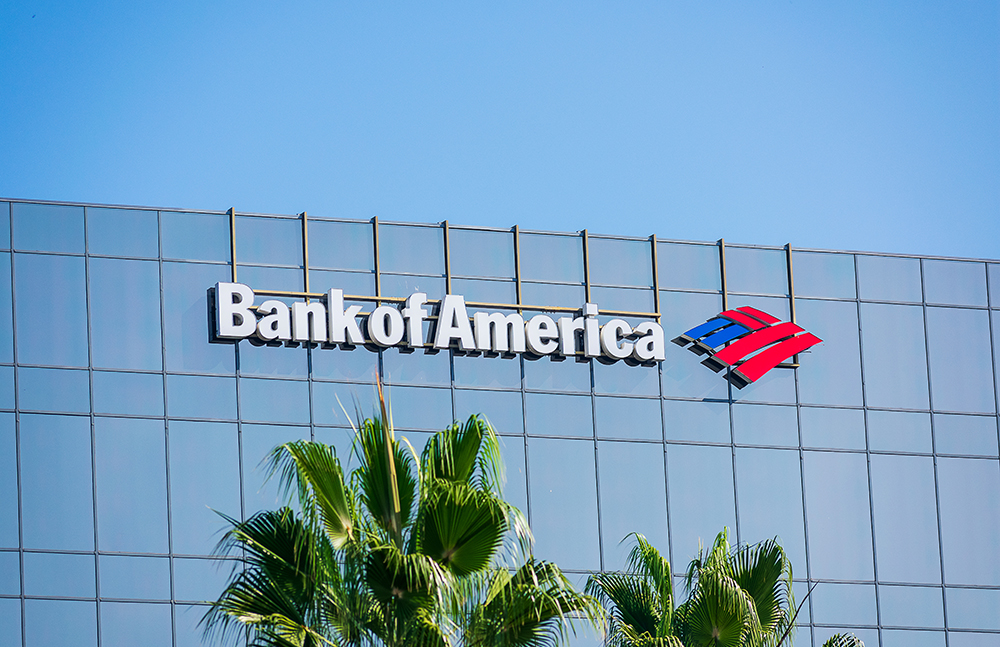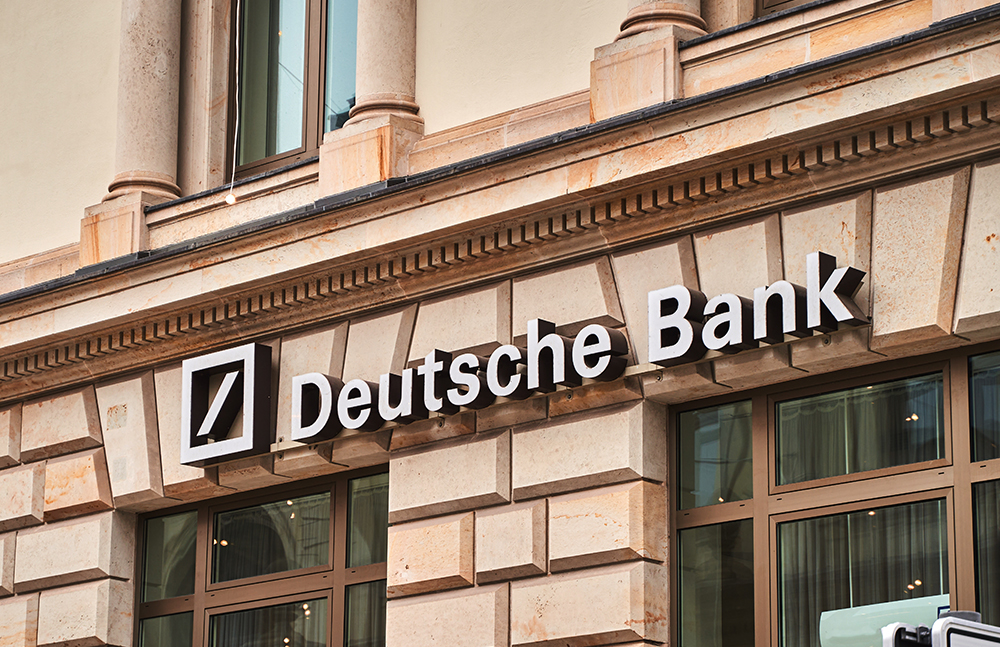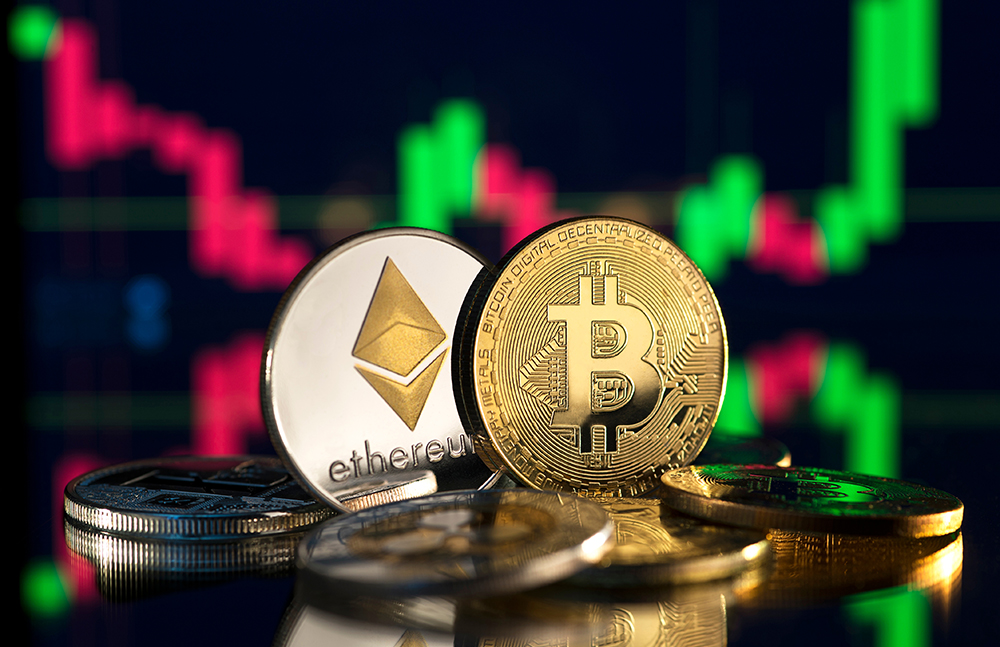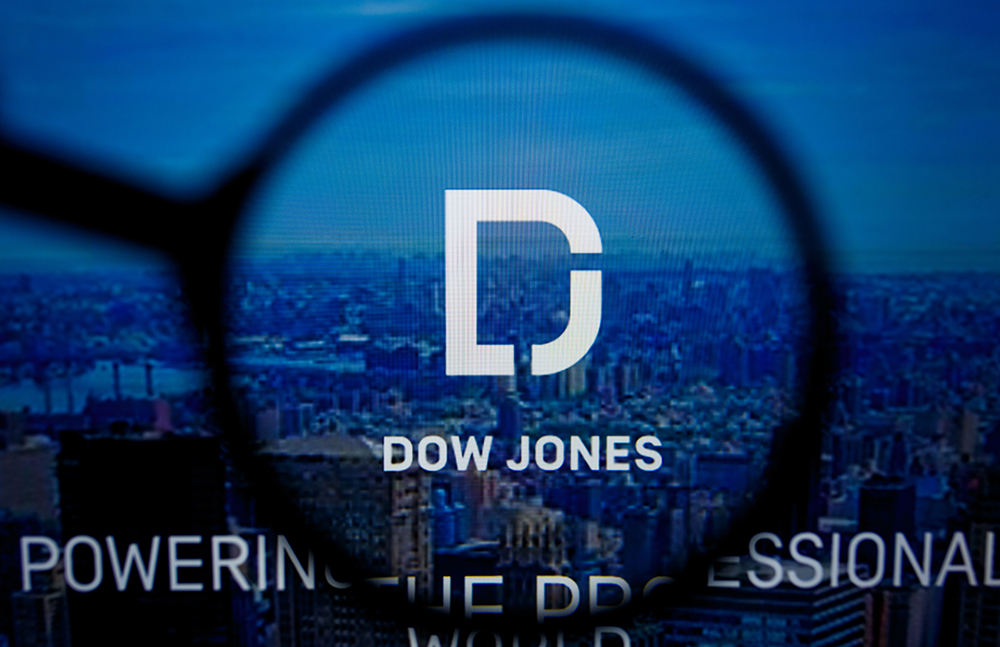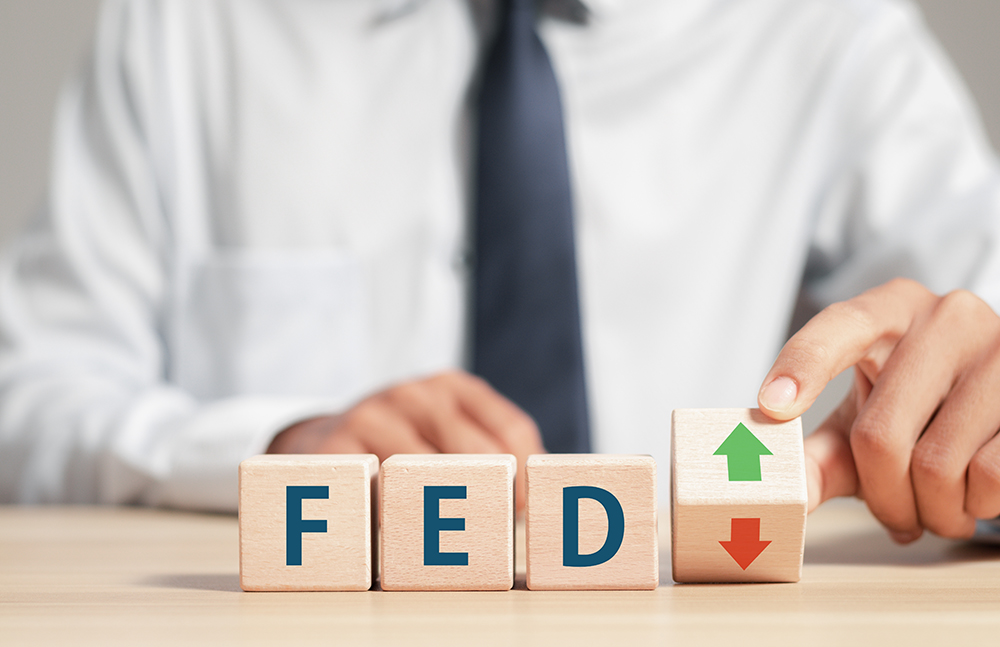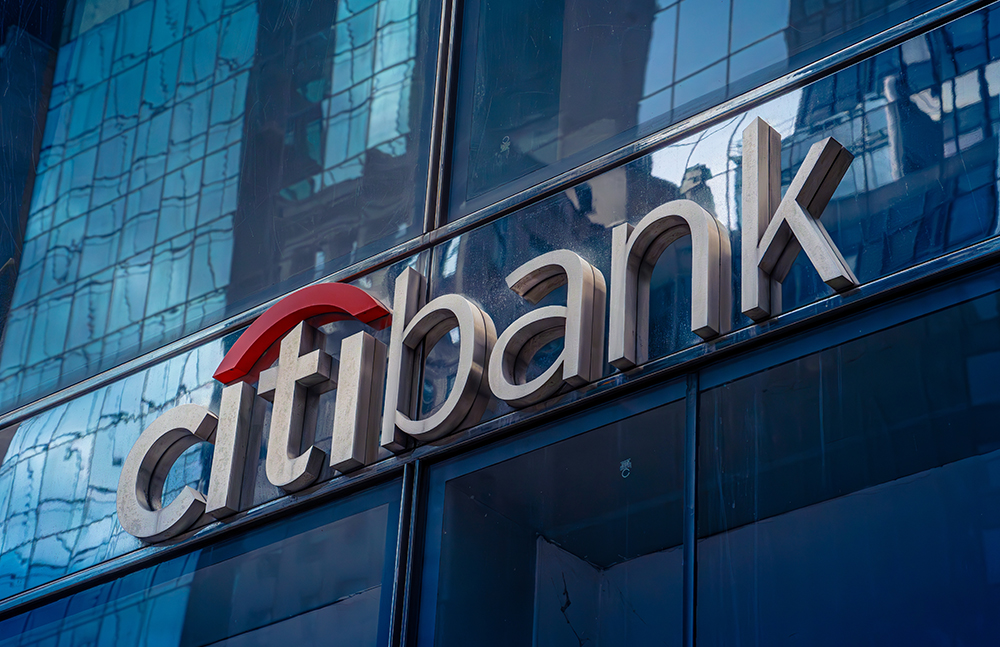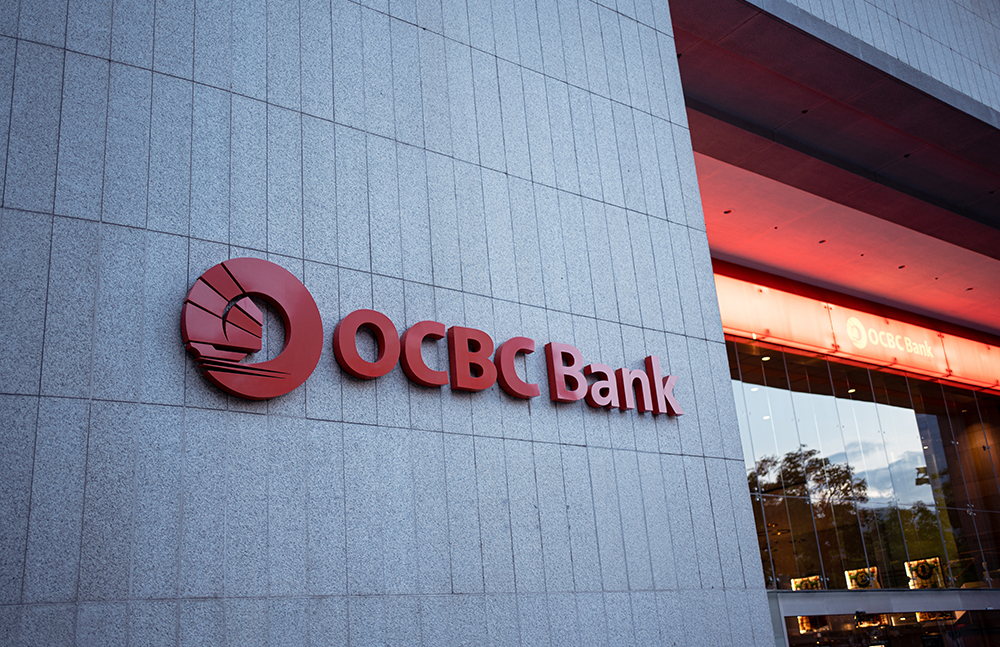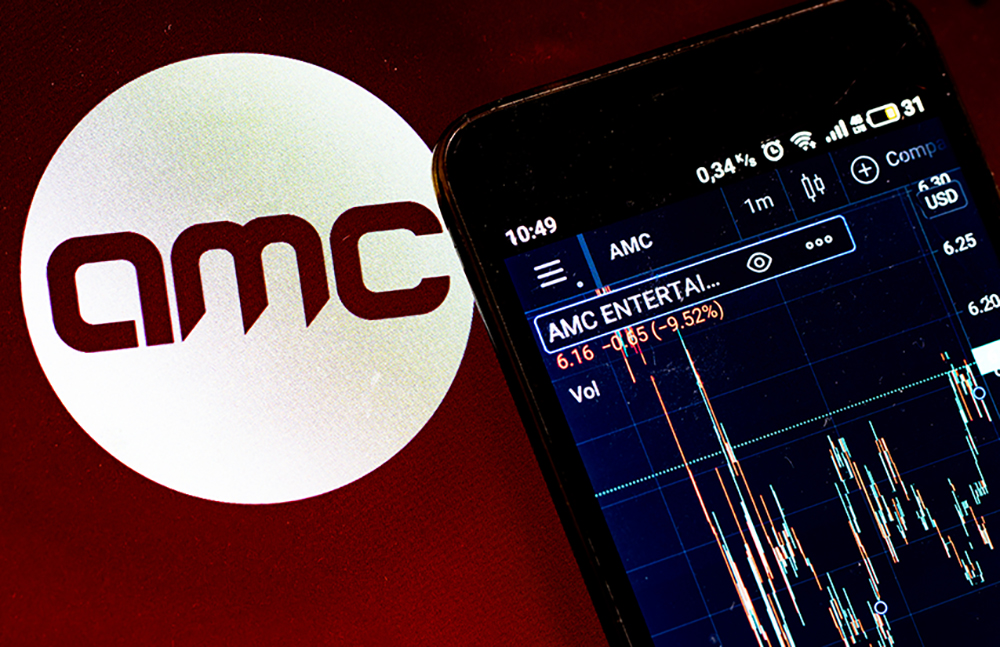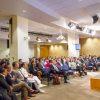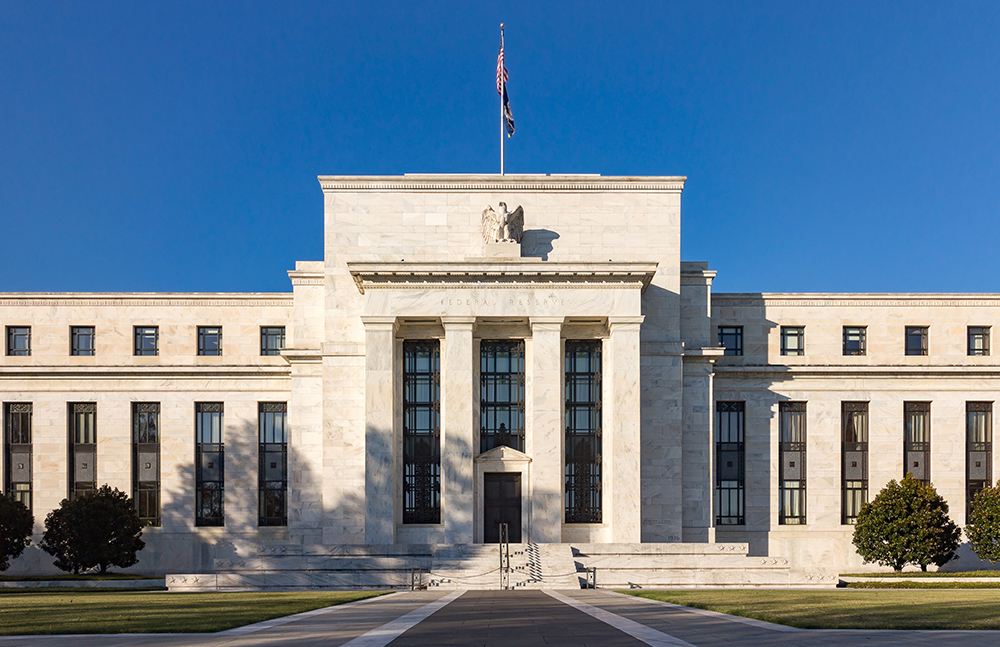
The minutes from the September Federal Reserve meeting revealed a divergence in opinions regarding the necessity of additional interest rate hikes but a consensus that rates should remain elevated until inflation heads back to 2%. Most participants suggested that one more increase in the federal funds rate would likely be appropriate at a future meeting, while some felt that no further hikes would be warranted. The meeting ended with the decision not to raise rates. However, in the dot plot of individual members’ expectations, about two-thirds of the committee indicated that one more increase would be needed before the end of the year. Since March 2022, the FOMC has raised its key interest rate 11 times, taking it to a targeted range of 5.25%-5.5%, the highest level in 22 years. Several central bank officials have indicated that the tightening in financial conditions might negate the need for further hikes. Markets wavered following the minutes’ release, with traders in the fed funds futures market reducing bets on additional rate hikes for November and December.
Members in favour of further hikes at the meeting expressed concern about inflation. Most FOMC members saw upside risks to prices, along with the potential for slower growth and higher unemployment. Despite concerns, the economy has proven more resilient than expected this year. However, the minutes noted that consumers have continued to spend, and officials worried about the impact of tighter credit conditions, less fiscal stimulus, and the resumption of student loan payments. inflation data has generally indicated progress toward the central bank’s 2% target, though there have been some fluctuations. The recent producer price index (PPI) report showed a rise of 0.5% in September, taking the 12-month PPI rate to 2.2%, its highest since April and above the Fed’s coveted 2% annual inflation target. This sets the stage for releasing the consumer price index, expected to show headline inflation at 3.6% in September.

